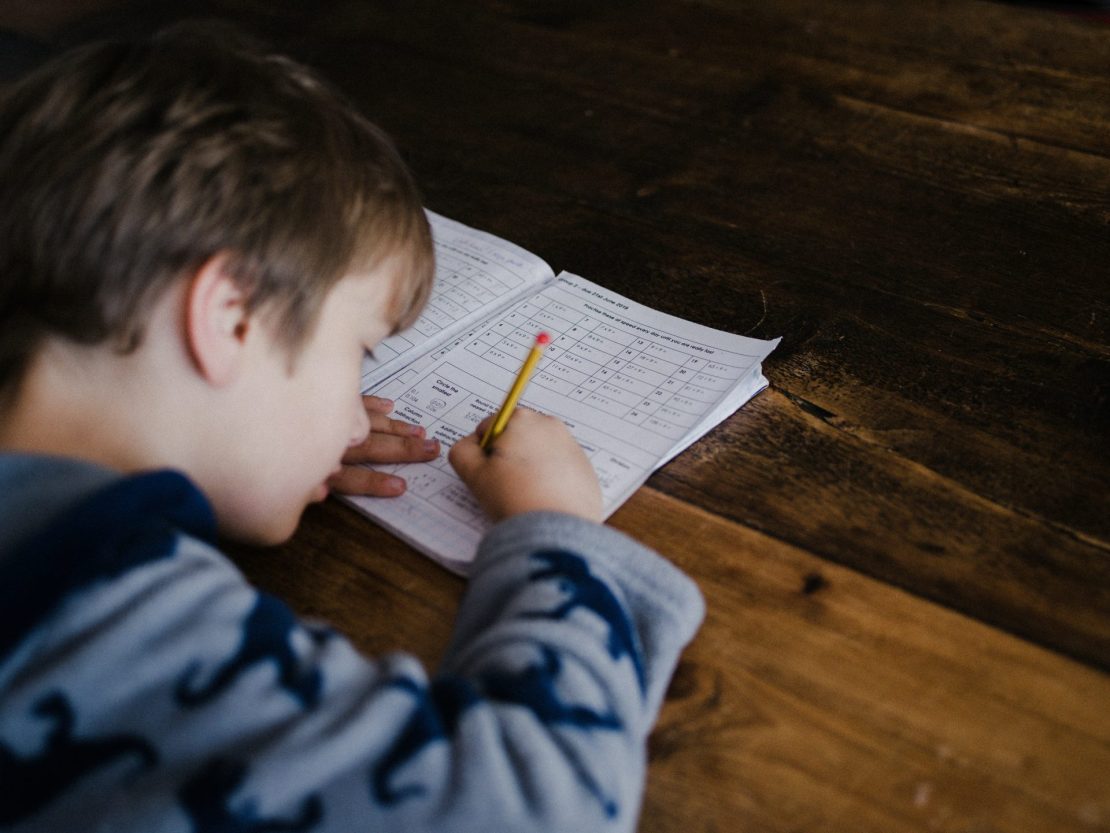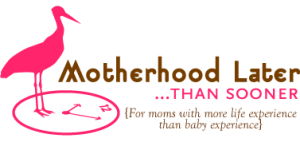
Tips for Helping Your Child Develop Stronger Math Skills by Dr. Emily Levy, Founder & Director, EBL Coaching
Originally published on the motherhoodlater.com website

Math plays a key role in many aspects of our lives. It is important not just for success in school, but also for everyday skills, like shopping, eating at a restaurant, buying groceries, and cooking. Math also builds upon itself, so without solid foundational skills, it can become increasingly challenging for students to excel in math as they progress through school. Help your child develop stronger math skills with the ideas detailed below.
Grocery Shopping
A great way to build stronger math skills is through an everyday task like grocery shopping. Take your young child with you to the supermarket and ask them basic math questions as you shop. For example, if you go to the produce section, have them select three green apples and three red apples and ask them how many apples they picked all together. Explain to them the math equation: 3 + 3 = 6. Then have them put one apple back and ask them how many apples they have left, and explain that 6 – 1 = 5. For kids who are slightly older, have them compare the price of two similar products. For instance, have them choose a box of cereal, like Cheerios, and look at the price (perhaps $3.99), then have them choose a different cereal box, like Special K, and look at that price (perhaps $4.99). Ask them which cereal costs more and by how much. At the checkout counter, have them estimate how much they think all of the groceries will cost, then compare it to the actual cost. If you pay with cash, have them give the cashier a set of bills to cover the cost and ask your child to predict how much change they think they will receive, then compare it to how much they actually receive.
Baking
Baking is another great way to help your child build stronger math skills. Start by finding a recipe, say, for chocolate brownies. If the recipe calls for one cup of flour, a half cup of sugar, one cup of cocoa powder, and a half cup of chocolate chips, have your child measure out each of the ingredient using a measuring cup before mixing them together. Ask them how much of each ingredient they would need if they doubled the recipe (multiplication) or cut the recipe in half (division). You can even show older kids equivalent fractions, like 1/2 cup of flour is the same as 1/4 cup plus 1/4 cup of flour. You can discuss geometry concepts, looking at shapes such as circles, squares, and rectangles using different types of cookie cutters and baking pans, and discuss the steps involved in baking the brownies to work on sequencing. Many math skills can be built into baking in an enjoyable, engaging manner.
Math Games
Have fun at home by playing math games! There are math board games you can buy, like Number Park, Math Blast, or Math Island, or you can make up your own games at home. For example, a simple game to work on addition involves using two dice. Each player rolls the dice and adds up the two numbers they roll, then writes down the total, representing points in the game. Then the next player takes a turn, and so on. The player who has the most points after 10 turns wins! Try the same game but with subtracting or multiplying the numbers to work on other foundational math skills. You can also play a math money game to help your child learn about coins, also using dice. Each player rolls one die and collects pennies based on what they role; for example, if they roll a four they receive four pennies. Then the next player does the same. When a player earns five pennies, they trade in those pennies for a nickel. When they earn two nickels, they trade them in for a dime. Two dimes and a nickel are traded in for a quarter, and so on. It’s a great way to learn about money while having lots of fun.
Build Foundational Skills
You can work on building foundational math skills at home in a hands-on way. For example, use mini marshmallows or chocolate chips to work on adding. Have your child select four marshmallows and another two and then count them up. You can use a mini whiteboard to turn it into a math problem and write on a mini whiteboard: 4+2=6. Do several addition problems like this before moving onto subtraction. Have your child take out eight chocolate chips and then remove four of them (or eat them!) and tell you how many chips are left. Then write on the white board: 8-4=4 to help them make the connection from concrete manipulatives to an abstract equation. You can use similar types of objects from around your home to work on multiplication and division. These are important concepts that will continue to play a role in future math work.
Many students feel intimated by math, but it is a key skill for school success. Make math fun at home and you will help your child develop these key foundational skills and strengthen their overall math abilities. If your child continues to struggle, you may want to discuss with their teacher additional support or tutoring that they might receive in school or a possible evaluation for a math learning disability. The more you can advocate for your child at school and help them at home, the more confident and successful they will be.
